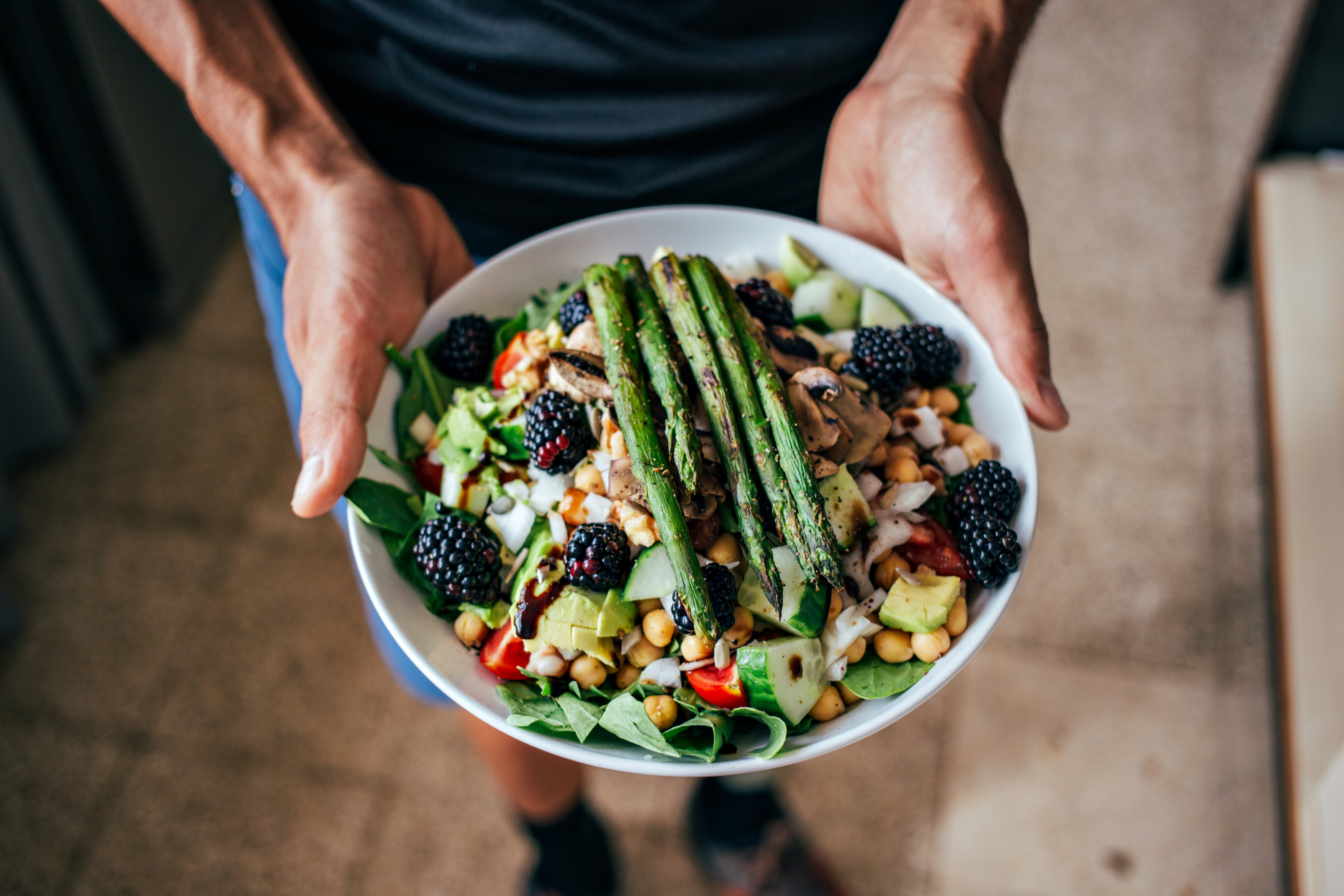Advertisement
Can You Skip the Keto Diet? Get Ketones Working for You
Manage body fat and boost performance
Fact-Checked
This article has been written and fact-checked by experts in the field.

1. What are ketones?
Getting your body into a state of ketosis can help provide weight management and performance benefits. The ketogenic diet (a.k.a. keto diet) works to help get your body into this ketosis state. It’s a diet that requires hard work and patience, but there may be a more practical alternative. Through supplementation, exogenous ketones also offer a route for you to reap the rewards of ketosis. Here’s what you should know about ketones and these two different approaches.

Ketones are chemicals created by our liver from fat when we don’t have enough insulin to turn glucose into energy. Ketosis is the state your body enters when it switches from burning carbohydrates (because there isn’t enough) to burning fat for fuel.
2. What do ketones do?

As byproducts of the breakdown of fatty acids, ketones are an effective way to enhance mental clarity and mood, optimize weight management, and increase energy. Research shows such diets may also benefit those with metabolic syndrome, insulin resistance, Type 2 diabetes, and epilepsy.
3. Getting into ketosis

A keto diet uses a low-carb, high-fat approach to eating that involves drastically reducing carb intake, replacing it with fat to induce ketosis. Ketones are naturally produced in the liver during fasting states. Because exogenous ketones induce nutritional ketosis without dietary restrictions, they can be used as a supplement by ketogenic and non-ketogenic dieters alike to help promote similar fat loss and performance provided by full ketosis.
4. The “keto flu”

You may have heard of “the keto flu.” It is sometimes attributed to the body’s shift from burning carbs to fats—transitioning into ketosis. Keto flu can bring several different symptoms along with it, including lethargy, brain fog, irritability, and headache. While keto flu is not an official medical condition, some research suggests that symptoms experienced are actually symptoms of withdrawal from carbs and sugar while following a keto diet, or could be linked to changes in gut flora or the immune system.
5. Keto diet is not a one-fits-all solution

Without adequate carbs some athletes find that performance may suffer when working out at high intensity and/or for long durations while following a keto diet. The full range of micronutrients included in a more balanced eating plan might also be lacking when going full keto.
Diabetics are also at risk for ketoacidosis—a buildup of acids in the blood—if there isn’t enough insulin in their system or if they become dehydrated.
In short, while some experience great success on ketogenic diets, others do not.
6. Ketones without the keto diet

Compared to a keto diet, exogenous ketones may be a more practical and effective alternative for you to benefit from ketones. This means that, rather than following a true ketone-inducing diet (thus entering into full ketosis, where carbohydrates are severely restricted and nutritional variety is curtailed), supplements can be used to achieve similar goals.
7. BHBs for fuel

Beta-hydroxybutyrate (BHB) is the body’s most common exogenous ketone. When supplemented, BHB sends a signal to body fat, transforming it into the body’s primary fuel source to assist with fat loss. With BHB, the additional health benefits of ketosis (including low blood sugar and improved mood) may also be experienced without having to restrict entire food groups.
8. Skip lethargy and head straight to ketosis

Supplementing with BHB may help to enter ketosis more easily by tricking the body into thinking it’s already in ketosis (eliminating the typical pre-ketogenic groggy state). By sensing it’s already in ketosis, the body can begin using fat as a main fuel source, even when a regular, balanced diet is consumed.
9. Power up with MCT

Another group of exogenous ketones are medium chain triglycerides (MCTs), a specific group of fats which, upon consumption, are converted into ketones. An efficient fuel which transforms stored body fat into energy, MCTs work together with BHPs to burn fat, improve health, and increase energy.
10. Natural sources of MCT

MCT oil is a product of coconut oil but can also be found in palm kernel oil. MCTs differ in their chemical structure from other types of fats: They’re shorter and more quickly absorbed by the body. Adding coconut oil to your diet can provide a natural source of MCT. Still, the American Heart Association recommends eating no more than 13 grams of saturated fat each day, which is equivalent to about one tablespoon of coconut oil.
11. MCT supplements

MCT oil can be found in natural health stores in a range of supplement options. From MCT powders, drops, and capsules to MCT creamers and protein powders for your workouts. You can add MCT supplements to smoothies, salad dressings, and your morning coffee. It’s recommended not to exceed four to seven tablespoons daily, spreading that amount out over the course of your day.




